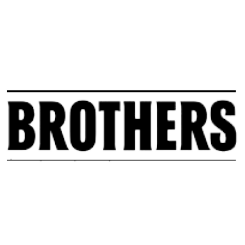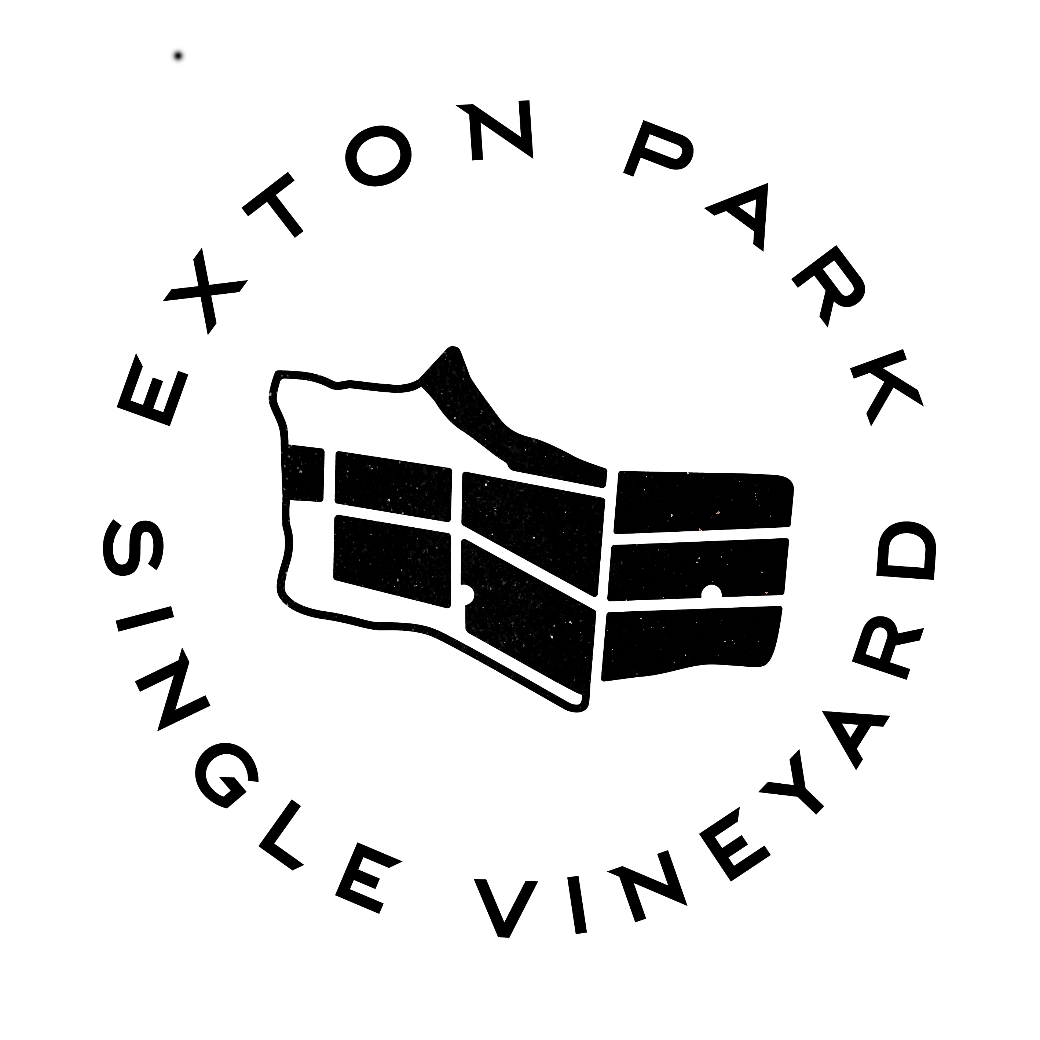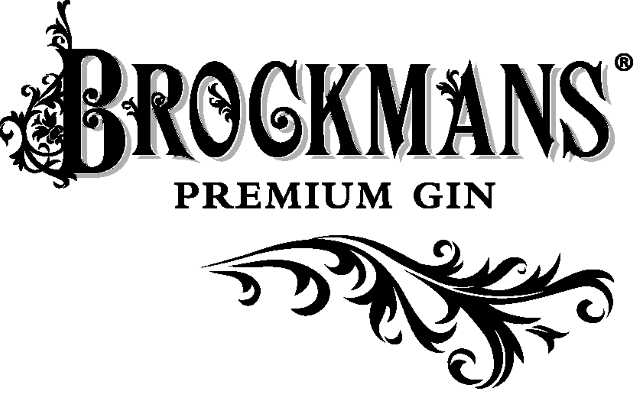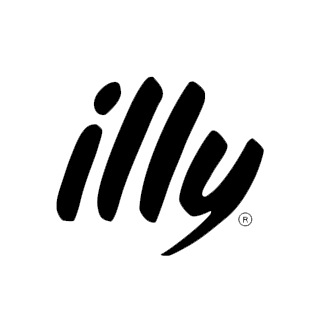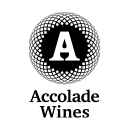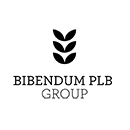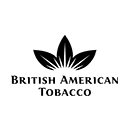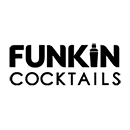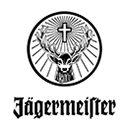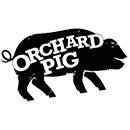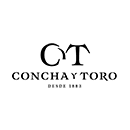Skills and Qualifications for Beverage Industry Jobs
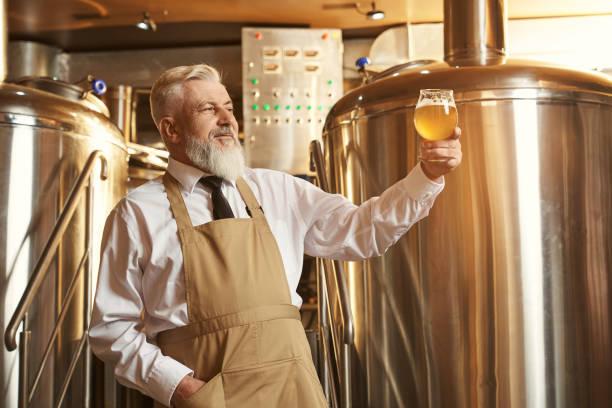
Navigating a career in the beverage industry requires a unique blend of skills and qualifications, tailored to meet the dynamic demands of this sector. Whether you’re aiming for a role in production, management, or marketing within the beverage field, understanding what’s required can set you apart. At Cesium Group, we specialise in aligning talent with the right opportunities in this vibrant industry.
Key Takeaways:
- Industry Knowledge is Crucial: Understand the end-to-end process of beverage production.
- Embrace Technology: Technical skills are necessary to improve efficiency and quality.
- Develop Soft Skills: Effective communication and teamwork are pivotal.
Career Paths in the Beverage Industry
The beverage industry offers a variety of roles, each requiring a specific set of skills and qualifications. Here are some pathways you might consider:
- Production Manager: Oversees the production process, ensuring efficiency, safety, and product quality.
- Quality Assurance Specialist: Focuses on maintaining standards and complying with legal regulations.
- Marketing Manager: Develops strategies to drive brand awareness and sales growth.
Detailed Information on Skills and Qualifications for Different Roles
Beverage Technologist:
- Skills Needed: Expertise in food science and chemistry to innovate and improve beverage formulations.
- Qualifications: A degree in food science, chemistry, or related fields. Certifications in food safety and quality control are advantageous.
- Responsibilities: Develop new beverage products, ensure regulatory compliance, and improve existing product lines through scientific methods.
Supply Chain Manager:
- Skills Needed: Strong logistical and analytical abilities to manage the supply chain efficiently.
- Qualifications: Degrees in supply chain management, logistics, or business administration are typical.
- Responsibilities: Oversee procurement, manage logistics operations, optimise transportation costs, and ensure the timely delivery of materials and finished goods.
Sales Representative:
- Skills Needed: Excellent interpersonal and communication skills to effectively sell products and manage client relationships.
- Qualifications: While formal education in business or marketing is beneficial, practical sales experience and product knowledge can be equally important.
- Responsibilities: Generate sales, build customer relationships, provide product education, and achieve sales targets.
Brand Manager:
- Skills Needed: Creative marketing skills combined with strategic thinking to build and maintain brand image.
- Qualifications: Typically requires a degree in marketing, business administration, or related fields.
- Responsibilities: Develop marketing strategies, analyse market trends, and coordinate marketing campaigns to enhance brand awareness and market share.
Quality Control Inspector:
- Skills Needed: Keen attention to detail and a methodical approach to ensure products meet quality standards.
- Qualifications: Qualifications in food technology, microbiology, or a related discipline are often necessary.
- Responsibilities: Monitor production processes, perform regular product testing, and ensure compliance with both internal and external safety and quality standards.
Integrating Skills Across Roles
In the beverage industry, while specific roles require targeted skills and qualifications, there is a significant overlap where professionals may benefit from cross-functional skills. For example, a technologist with a keen understanding of supply chain logistics can contribute to more efficient production processes, and a brand manager with a background in quality control can ensure that marketing strategies align with the product’s quality promises.
Preparing for Future Changes in the Beverage Industry
To remain competitive and innovative, professionals in the beverage industry must not only master the current required skills but also engage in continual learning and development. This could involve:
- Continuing Education: Pursuing additional certifications or attending industry conferences can keep skills sharp and knowledge up-to-date.
- Leveraging Technology: Embracing new technologies, whether in production, marketing, or customer relationship management, to streamline operations and enhance product offerings.
Adapting to Consumer Preferences
The rapid change in consumer preferences represents a significant challenge and opportunity within the industry. For instance, the growing popularity of craft and artisanal beverages requires professionals to develop expertise in niche production techniques and local sourcing. Additionally, the push towards personalised nutrition and wellness drinks demands innovation in beverage development to include functional ingredients that cater to individual health needs.
Digital Marketing and E-commerce
Another critical area for skill development is digital marketing and e-commerce. As more consumers shift to online shopping, professionals in the beverage industry need to master e-commerce strategies, digital marketing techniques, and data analytics to effectively reach their target market and optimise online sales channels.
- Digital Marketing Skills: Understanding SEO, content marketing, and social media engagement to build brand awareness and customer loyalty online.
- E-commerce Proficiency: Skills in managing online sales platforms, understanding consumer online shopping behaviours, and utilising data analytics to improve user experience.
Regulatory Compliance and Ethical Practices
With increasing regulatory scrutiny and consumer demand for transparency, professionals must also be well-versed in legal and ethical issues. This includes understanding global and local regulations regarding beverage safety and advertising, as well as implementing ethical sourcing and production practices.
- Regulatory Knowledge: Staying updated with FDA regulations, local health codes, and international trade laws that affect beverage manufacturing and distribution.
- Ethical Sourcing: Knowledge of sustainable sourcing practices and the ability to implement them in ways that reduce environmental impact and support local communities.
Cross-functional Teamwork
The ability to work effectively across different departments and with various stakeholders is also crucial. Professionals should cultivate skills in project management, cross-functional communication, and negotiation to lead diverse teams and manage complex projects that span multiple aspects of the business.
- Project Management: Organising and directing resources efficiently to meet production deadlines and budget requirements.
- Negotiation and Communication: Skills in negotiating with suppliers and partners, as well as communicating effectively across marketing, production, and supply chain teams to ensure alignment and cohesion.
Innovation and Continuous Learning
Finally, a mindset geared towards innovation and continuous learning is vital. The beverage industry’s fast-paced environment requires professionals who are not only flexible and adaptive but also eager to stay ahead of industry developments through ongoing education and professional development.
Conclusion
The beverage industry presents a myriad of career opportunities, each demanding a specific set of skills and qualifications. From technologists and quality inspectors to brand managers and sales representatives, the right expertise can propel both personal career growth and the success of the entire company. If you’re looking to forge a successful career in this exciting industry, consider how Cesium Group can help guide and develop your path. Reach out to us today for personalised career advice and opportunities tailored to your skills and ambitions.
FAQs
What qualifications are needed for a career in beverage production?
Qualifications can range from diplomas in food technology to degrees in business or engineering, depending on the role.
Is experience in the food industry transferable to beverage jobs?
Absolutely, many skills, particularly in production and quality assurance, are highly transferable.
What are the growth prospects in the beverage industry?
The beverage industry continues to grow, with ample opportunities for career advancement and specialisation.
How important is sustainability knowledge in the beverage industry?
Increasingly crucial, as companies focus more on sustainable practices and eco-friendly products.
Can you shift from a marketing role in another sector to the beverage industry?
Yes, marketing skills are versatile, but understanding beverage market dynamics is essential.


